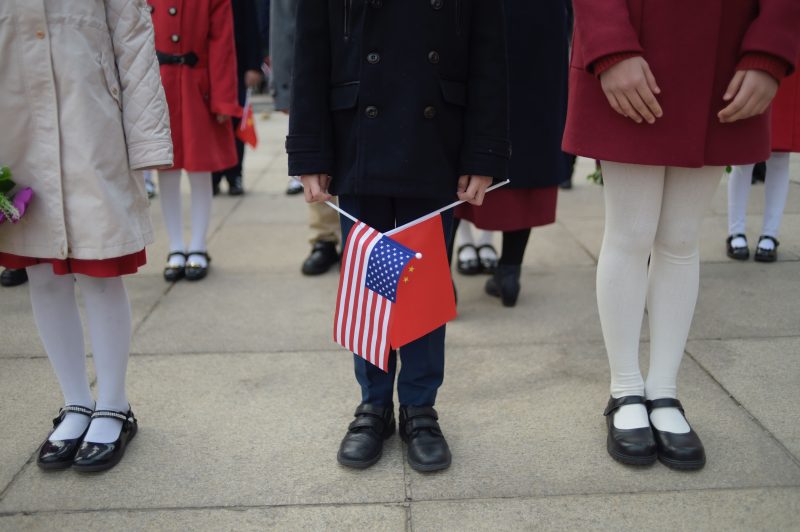In an increasingly interconnected and complex world, the international relations between countries play a crucial role in shaping global political and economic dynamics. One such intricate relationship is the one between China and the United States, two of the most powerful nations on the world stage. The recent US presidential elections have brought the issue of repairing strained ties between these two giants to the forefront, as both the Biden and Trump administrations grapple with the task of navigating this delicate relationship.
One key aspect to consider in this relationship is the economic interdependence between the US and China. Over the years, China has emerged as a major global economic powerhouse, with its products being exported all over the world. The US, on the other hand, remains a leading consumer market for Chinese goods. This economic symbiosis has created a web of dependencies that makes it difficult for either country to sever ties completely.
However, tensions have escalated in recent years due to a variety of factors, including trade disputes, concerns over intellectual property theft, human rights issues, and geopolitical tensions in regions such as the South China Sea. The Trump administration took a hardline approach towards China, imposing tariffs and sanctions in an attempt to address what it perceived as unfair trade practices and to curb China’s growing influence.
With Joe Biden assuming the presidency, there is an expectation of a more diplomatic and multilateral approach to dealing with China. Biden has signaled a willingness to cooperate with China on issues of mutual interest such as climate change and global health, while also advocating for a tougher stance on human rights violations. Finding a balance between competition and cooperation will be a key challenge for the Biden administration as it seeks to mend ties with China.
On the Chinese side, President Xi Jinping faces his own set of challenges in managing relations with the US. China’s growing assertiveness in the South China Sea and its Belt and Road Initiative have raised concerns in Washington and among US allies in the region. At the same time, China is keen to protect its economic interests and maintain stable trade relations with the US.
Navigating these complex issues will require both countries to engage in frank and constructive dialogue, seeking common ground while also acknowledging their differences. Building trust and fostering understanding will be crucial in laying the groundwork for a more stable and productive relationship going forward.
Ultimately, both the US and China have much to gain from a cooperative and mutually beneficial relationship. As the world’s two largest economies, their ability to work together on key global challenges will be instrumental in shaping the future of international relations. By recognizing the need for strategic engagement and finding common goals, both countries can turn the page on past disputes and forge a more positive and productive relationship for the benefit of all.
